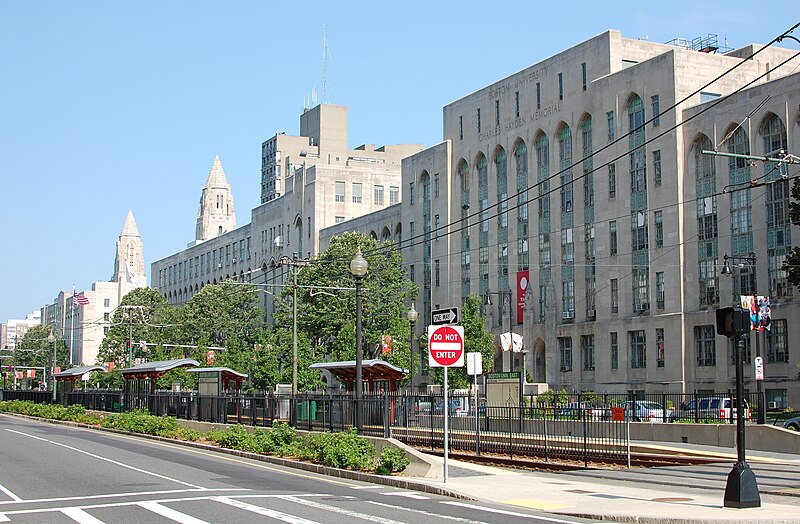
As abortion bans continue to increase, college campuses have found a solution to provide easily accessible morning-after pills: vending machines. At least 39 colleges and universities across
17 states have implemented emergency contraception vending machines, especially in areas with limited or restricted abortion access and limited health centers.
These vending machines, which often offer Plan B, condoms, and other health products like pregnancy tests and ibuprofen, serve as an effective means to provide 24/7 access to emergency contraception while allowing universities to offset costs. The nonprofit organization, Emergency Contraception 4 Every Campus, has been working with schools to implement these vending machines.
In the aftermath of the overturning of Roe v. Wade in June 2022, abortion access for more than 22 million women of reproductive age has been banned or restricted, leading to a growing demand for accessible contraception options. The morning-after pill is crucial for preventing pregnancy if taken shortly after unprotected sex, and easy access to it is of utmost importance.
Student advocates believe that cost acts as a barrier to access, and the vending machines provide a solution. While over-the-counter emergency contraception can cost around $40 to $50, some vending machines sell it at a significantly lower price, like $10 at Boston University and $12.70 at the University of Washington.
Although the rise of emergency contraception access on campuses is applauded, concerns have been raised about the possibility of disincentivizing students from seeking important conversations with health providers. Some worry that marginalized individuals without access to quality care may rely solely on emergency contraception pills as their primary contraceptive method, which might not be their preferred choice.
Emergency contraception vending machines are particularly valuable in locations that lack easy access to health centers, known as "contraceptive deserts." Power to Decide, a nonprofit aiming to advance sexual and reproductive well-being, estimates that roughly 19 million women live in such areas. These deserts disproportionately affect people of color and those in rural communities, as they face systemic inequities in healthcare access.
Since the Supreme Court's decision on Dobbs v. Jackson Women's Health Organization in June 2022, the need for contraception and abortion access has intensified, especially in states with abortion bans, leading to clinic closures and disparities in sexual and reproductive healthcare.
Some colleges are taking steps to address the demand for emergency contraception vending machines. The University of Washington secured a budget of $200,000 to implement such machines across campuses in the state, becoming the first of its kind in the country.
While the rise of these vending machines has been promising, concerns remain regarding equitable deployment across campuses and the potential implications for overall healthcare access. Efforts are being made to ensure that students, especially those in rural areas, have better access to healthcare options and contraceptives. Photo by Fletcher6, Wikimedia commons.






































